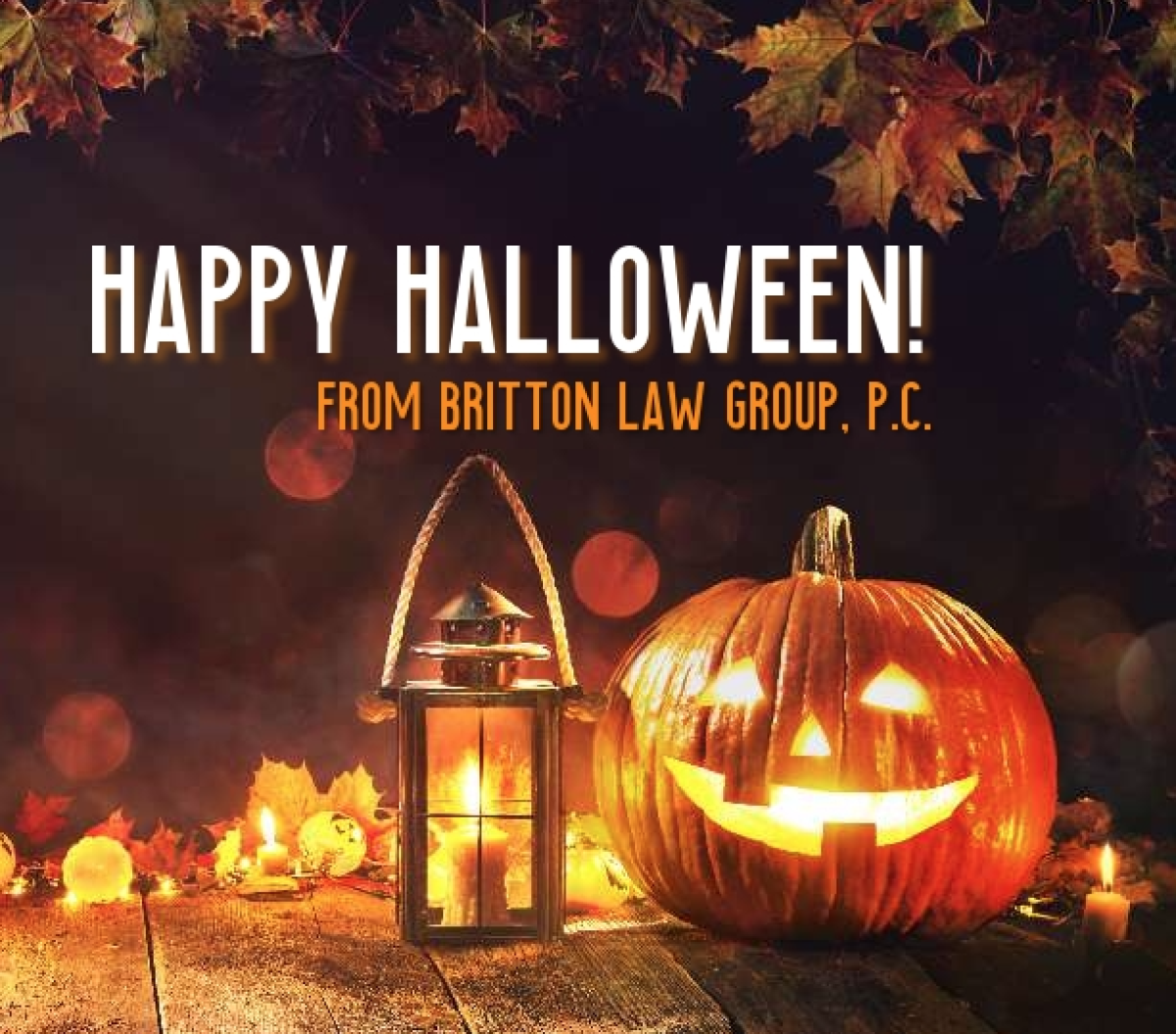There’s nothing better to get in the spooky holiday spirit than a good horror story. In celebration of Halloween this year, here are five haunting estate planning myths that we’ve all heard (and shouldn’t believe).
1. Only the ultra-wealthy require estate planning
Not true. When you create a comprehensive estate plan, you’re doing so much more than just providing for your family financially. What about incapacity planning for your health care and finances while you’re still living, or guardianship for your minor children? Peace of mind is important for anyone, regardless of estate size.
2. Will readings are commonplace
In the 2019 film “Knives Out,” we see an official reading of family patriarch Harlan Thrombey’s will by his attorney. Of course, drama ensues. Unfortunately, while this scene is undeniably entertaining, it’s also incredibly inaccurate. Will readings have never been and probably never will be common.
In the state of California, if someone dies “testate” (with a will or trust), their beneficiaries and heirs are entitled to receive a true and complete copy of the terms per CA Probate Code §16061.7. So, if you’re ever questioning whether or not you’re inheriting from your deceased loved one’s estate, it’s more than likely that you’ll find out through a notice mailed to you in the privacy of your own home.
3. If you die without a will or trust, your property is automatically awarded to the government
This is so rare that it almost never happens, but in the case that you either (1) don’t have a will or trust and/or (2) don’t have any family to be found, it just might. In this case, your property will be “escheated” to the state. That means that the property’s ownership will be transferred from your estate over to the state of California. It doesn’t happen so easily, though—anyone who is even remotely related to you will be sought out first. This includes cousins of any degree (first, second, third, fourth, etc.) and even the family of a spouse that you survived.
4. As long as you’re married, you don’t really need estate planning
It’s important for everyone to have some degree of estate planning done, and married couples are no exception. While it is true that property held in joint tenancy between two spouses will pass to the surviving spouse on the first’s death, there can be many circumstances you don’t foresee or special situations you’d want to plan for. What if you both die at the same time? What if one or both spouses have children from outside the marriage, or wants to provide financially for an aging parent?
In the case that property is either (1) not held in joint tenancy or (2) without a named T.O.D. (Transfer on Death) beneficiary, these portions of the deceased spouse’s estate will be subject to intestate succession as according to CA Probate Code § 6401. For more information on marital property in California, read our blog post here.
5. “I trust that my family will handle things in the ways I made known,” or deathbed requests
The idea that your family may manage your estate based on sheer intention alone is an unfortunate (and potentially very costly) misconception. Without any proper estate planning done, no one has any say in how your estate is administered after your death except for the California probate courts and code. It doesn’t matter how much you trust your family or loved ones to “handle things,” even if you had a detailed conversation with them outlining your exact wishes on your deathbed. If you haven’t properly documented them in writing before your death, your wishes will mean nothing to a probate judge.
Additional spooky links to check out:
To read last year’s Halloween estate planning series on (1) the disposition of remains and organ donation, (2) methods of transporting human remains after death, and (3) burial versus cremation, click here: (1) / (2) / (3).
To read our blog post on the Slayer Statue and beneficiaries who kill, click here.
To read about Los Angeles County Department of Public Health’s current Halloween safety recommendations, click here.
Happy planning, and happy Halloween!
B.B.
The information on this website is for general information purposes only. Nothing on this site should be taken as legal advice for any individual case or situation. This information is not intended to create, and receipt or viewing does not constitute, an attorney-client relationship. Brittany Britton is licensed to practice law in the state of California only.




